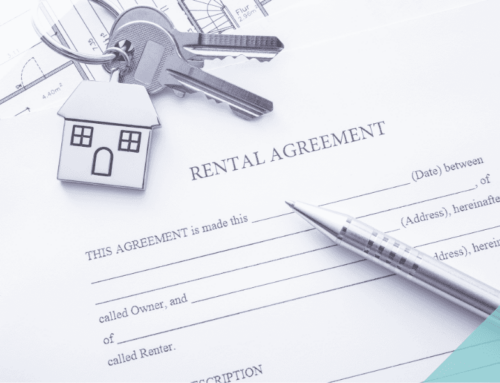With recent data suggesting around one in every 12 tenants has fallen behind on rent this year, many landlords will be feeling the strain in their own pockets.
But with various legislation, lockdowns and tier systems limiting the usual rights landlords have, what options are available for dealing with tenants who are struggling, or refusing to pay?
What are your first steps if a tenant falls into arrears?
First things first, whatever steps you choose to take, it’s important you have a record of when payments were due, and what (if any) money your tenant has given you. This will be particularly important later if you decide to apply for possession based on rental arrears, as you will need to show copies of these transactions.
It’s good to talk.
Currently, many groups, such as the National Residential Landlord Association, alongside the UK Government, are encouraging landlords and struggling tenants to communicate – and where possible – find a mutually agreeable repayment plan.
The Government have further extended mortgage payment holidays, and encourage private landlords to use this where possible to accommodate flexible repayment plans for tenants who are struggling to pay. And with an extension to the furlough scheme, alongside financial support for the self-employed, it’s hoped that this will give both landlords and tenants the ability to arrange reasonable repayment plans without the need to involve the courts.
Because recent legislation has extended notice periods for eviction, limited the ability of bailiffs to access properties, and caused a backlog in the court system, it’s in your interest at this point to find a suitable agreement, ideally one that gives you the prospect of recouping your money over time.
However, all this advice rests on your tenants being reasonable, and willing to discuss things.
What can you do if rent isn’t forthcoming, and neither is communication?
In the ‘old normal’, you would proceed with a series of formal letters, requesting the outstanding rent, and finally serve a notice of eviction. However, current Covid-19 emergency legislation is in place that now significantly extends the timeframe of the eviction process.
Since 29th August this year a landlord must provide at least 6 months’ notice to a tenant that they intend to seek eviction.
There are some exceptions, such as if your tenant owes you more than six months of rent, or there is anti-social behaviour involved on the premises, where you can serve a much shorter period of notice. However, once a notice period has expired, landlords can’t force tenants to leave the property without a court order, which will take further time to apply for, depending on the backlog of requests in the court system.
Meanwhile, with the national lockdown in play, and orders not to enforce possession orders over Christmas, it’s unlikely that bailiffs will be able to enter any properties before January 11th 2021.
If you find yourself in a situation like this, and can’t agree a reasonable repayment plan with your tenant, it’s best to seek legal advice to help guide you through your next steps.
Attwells are here to support and guide private landlords like you during the coronavirus pandemic.
We understand the worry, uncertainty and lack of clarity that many landlords are facing during this challenging year. Our property team have a close eye on current guidelines, and can help you explore your options on how to deal with difficult tenants, and achieve a positive outcome.
Legislation is evolving swiftly as our society adjusts to these difficult times. But be rest assured, we are here to help you with any issues relating to your rental property. Call Will Oakes on 01206 239764.





